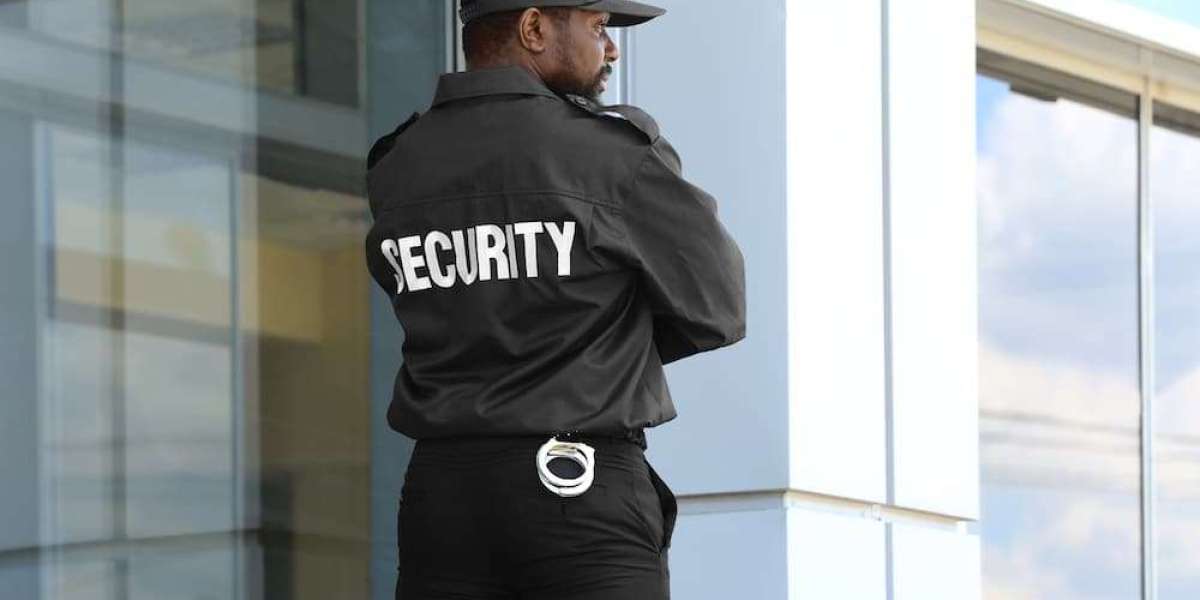Introduction
In an increasingly complex world, safety and security have become paramount across all sectors—commercial, residential, governmental, and industrial. The frontline defenders in this realm are security officers, and their effectiveness hinges on rigorous training. Security Officer Training Courses are designed to equip individuals with the knowledge, skills, and professional standards required to perform their roles effectively. This article explores what these courses entail, why they are essential, and how they shape the future of security personnel.
Why Security Officer Training is Crucial
Security officers are entrusted with the safety of people, property, and sensitive information. Their duties may involve:
Monitoring surveillance systems
Patrolling premises
Responding to emergencies
Controlling access points
Writing incident reports
Without adequate training, a security officer may lack the competence to respond to threats appropriately. Training ensures they understand laws and protocols, can defuse situations, and uphold safety standards without overstepping legal boundaries.
Key Components of Security Officer Training
Security officer training courses are structured to cover various essential aspects. While specifics may vary depending on the region and employer, most comprehensive programs include the following core modules:
1. Legal and Ethical Responsibilities
Understanding legal boundaries and ethical conduct is fundamental. Officers are trained on:
Local and federal laws related to security
Citizen's arrest rights and limitations
Use-of-force policies
Privacy and data protection laws
Ethical decision-making
2. Surveillance and Patrol Techniques
This module teaches officers how to:
Use CCTV systems effectively
Conduct interior and exterior patrols
Identify suspicious behavior
Monitor and control access points
They also learn to work in various environments, such as malls, hospitals, or construction sites.
3. Emergency Response and First Aid
Security officers often act as first responders. Therefore, training includes:
Basic first aid and CPR
Fire safety and evacuation procedures
Emergency communication protocols
Responding to active shooter or terrorist threats
4. Conflict Resolution and Communication Skills
Being able to manage confrontations peacefully is crucial. Officers are trained to:
Communicate clearly and assertively
De-escalate tense situations
Use negotiation tactics
Deal with aggressive or intoxicated individuals
5. Physical Security and Defensive Tactics
Physical training often includes:
Self-defense techniques
Managing physical altercations
Proper use of restraints (e.g., handcuffs)
Safe baton handling (if permitted)
This training ensures the officer can protect themselves and others without unnecessary violence.
6. Report Writing and Documentation
Accurate and detailed reporting is vital for legal and operational purposes. Officers learn to:
Document incidents clearly
Maintain security logs
Submit evidence properly
Write professional incident and arrest reports
Types of Security Training Courses
Training courses may differ depending on the level and specialization of security personnel. Common categories include:
Basic Security Officer Training: Entry-level course required to get licensed in many jurisdictions.
Advanced/Specialized Training: Covers high-risk environments like airports, critical infrastructure, or armed security work.
Continuing Education: Required periodically to keep licenses valid and skills current.
Online and In-Person Options: Modern programs offer flexible formats to accommodate different learning preferences.
Certification and Licensing
In most countries or states, completing a recognized training course is a prerequisite for obtaining a security guard license. Some regions require passing written exams or background checks. Accreditation ensures the training provider meets industry standards and that officers are adequately prepared for real-world challenges.
Choosing the Right Training Program
When selecting a security officer training course, consider:
Accreditation and Licensing Compliance
Course Curriculum Depth
Instructor Experience and Credentials
Mode of Delivery (online, in-person, hybrid)
Cost and Duration
Post-Course Support or Job Placement Assistance
Reading reviews and checking with regulatory bodies can help ensure the program is legitimate and valuable.
Conclusion
Security officer training courses play a pivotal role in preparing professionals to safeguard lives and property with competence and confidence. These courses go beyond physical protection, delving into law, ethics, communication, and crisis management. Whether you're an aspiring security officer or an employer seeking well-trained personnel, investing in quality training is the foundation of a safer, more secure environment.
As threats evolve, so must security training. Continuous learning and adaptation are key to maintaining safety in an unpredictable world.








